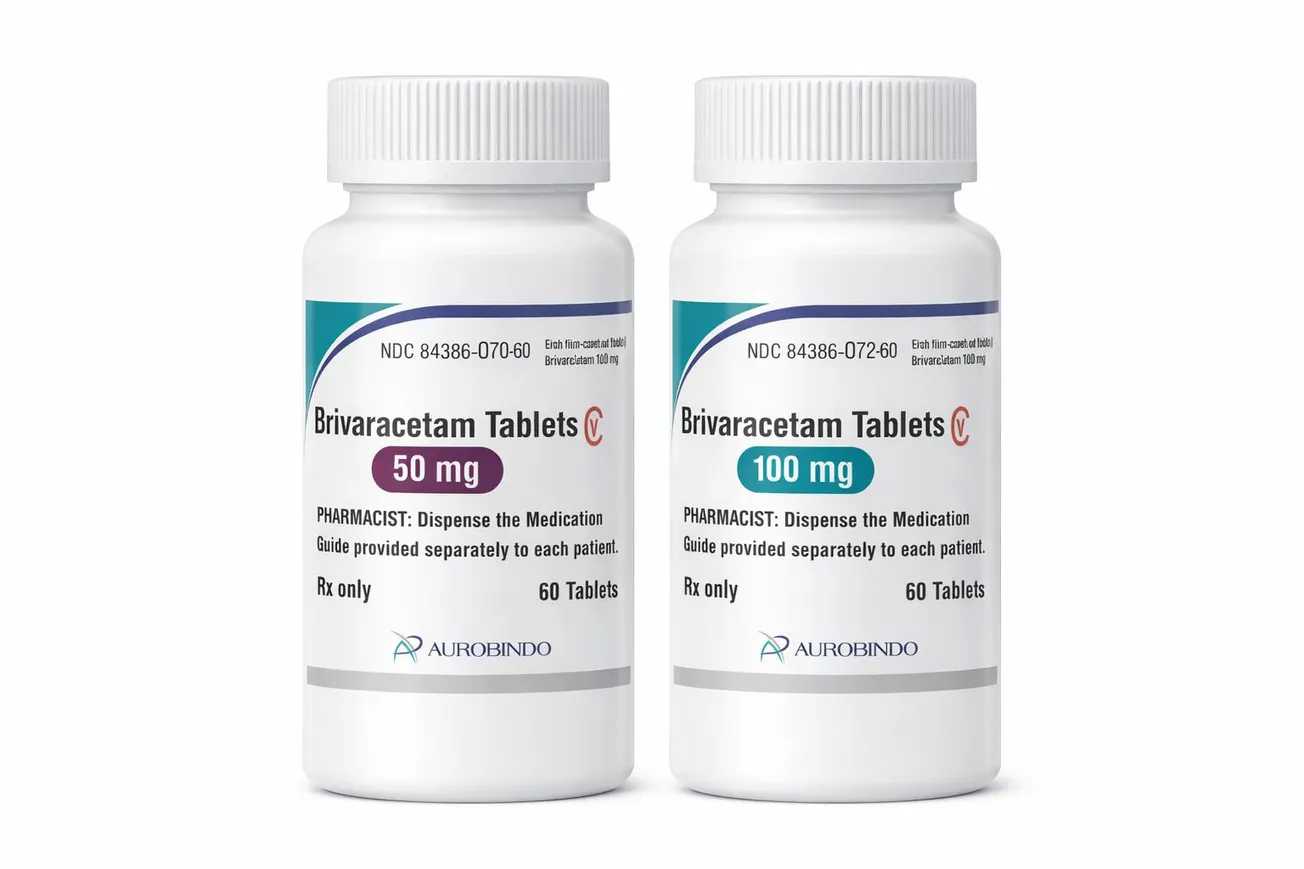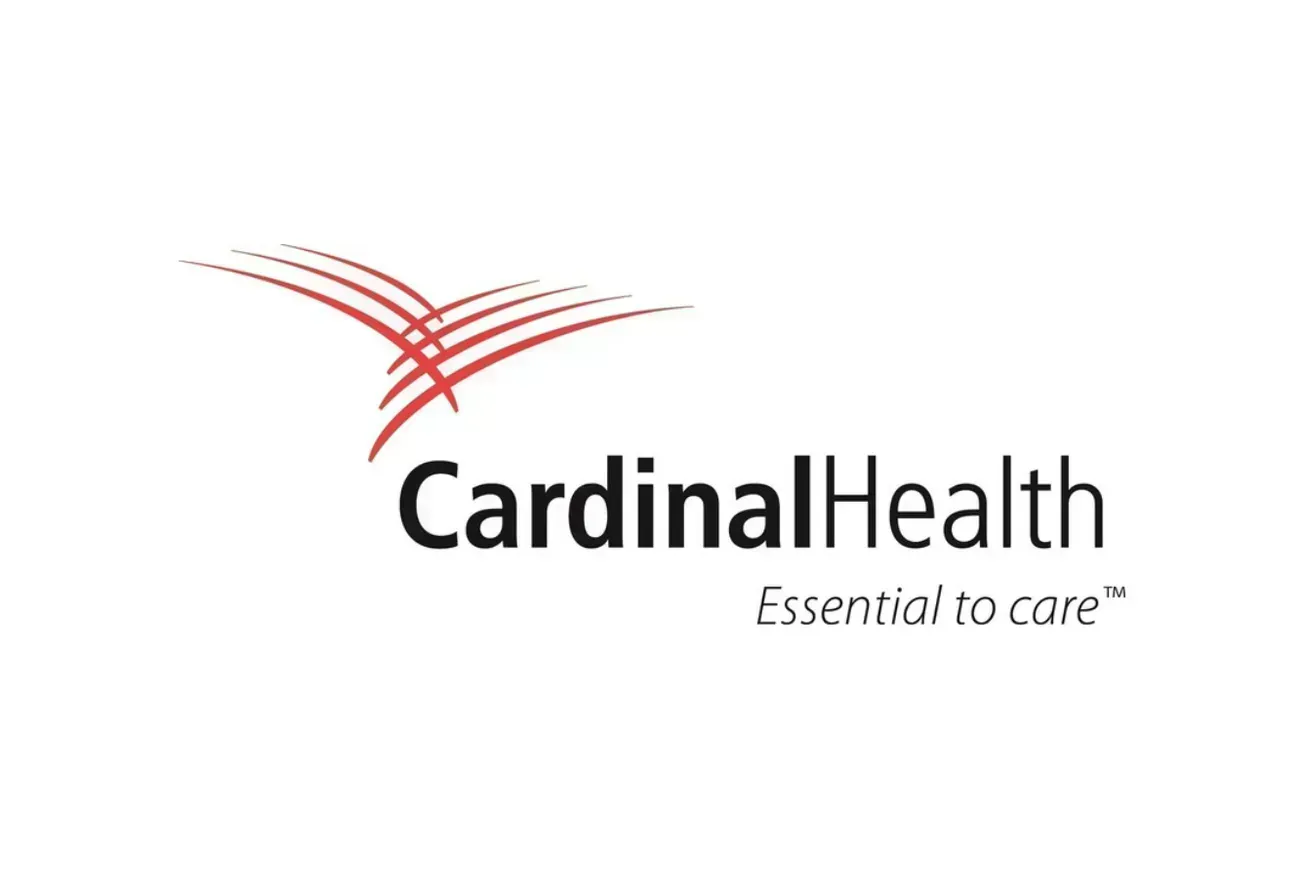CATONSVILLE, Md. – The Food and Drug Administration’s (FDA) Accelerated Approval Program was created in 1992 to significantly accelerate the ability to bring certain new drugs to market. New research published in the INFORMS journal Manufacturing & Service Operations Management reveals a large number of drug manufacturers are failing to complete the approval process, meaning a significant number of drugs on the market are not yet fully approved.

Part of program’s requirement is that manufacturers must complete post-market studies to prove the effectiveness of every drug that has been pre-approved under this initiative. Only then can those drugs be converted to full, regular approval.
But according to this newly published research analyzing publicly available data from 2014 to 2018, those studies are not being completed as promised. From 1992 to 2008, 36% of post-market studies had not been completed, and 50% of the uncompleted studies took on average of 5 years to even begin.
“Manufacturers apparently have little incentive to do the post-market studies because they are not easily enforced and they are expensive,” said Liang (Leon) Xu, the study’s lead researcher and a professor of supply chain and analytics at the University of Nebraska-Lincoln College of Business. “Withdrawing a drug from the market takes time and without proof of ineffectiveness cannot be enforced immediately.”
FDA regulators are facing challenges to determine and enforce deadlines because of unbalanced information and moral hazard. They must optimize the tradeoff between providing public access to potentially life-saving drugs and mitigating public health risks from ineffective drugs.
Xu along with his fellow authors, Hui Zhao and Nicholas Petruzzi, both at the Smeal College of Business at The Pennsylvania State University, take advantage of what’s already in place to increase the possibility of implementing a solution.
“Currently, the FDA requires drug manufacturers to pay a fixed fee to fund its new drug application review. By replacing this fixed fee with a new one tied to a post-market study deadline, we can leverage an existing tool to make sure these studies get done,” said Xu.
This fee would depend on the probability of a drug’s success and the enforceability of an unproven drug being pulled from the market. Additionally, Xu, Zhao, and Petruzzi developed an alternative option. In that scenario, if the current fee cannot be altered into a deadline-dependent fee, the analysis can be modified to calculate a single deadline.
In summary, this new research provides important insights to regulators on granting pre-approval of a drug under the FDA’s Accelerated Approval Program. If the enforceability of a given drug is expected to be low, then regulators may consider requiring a higher success probability before proceeding with conditional approval.






